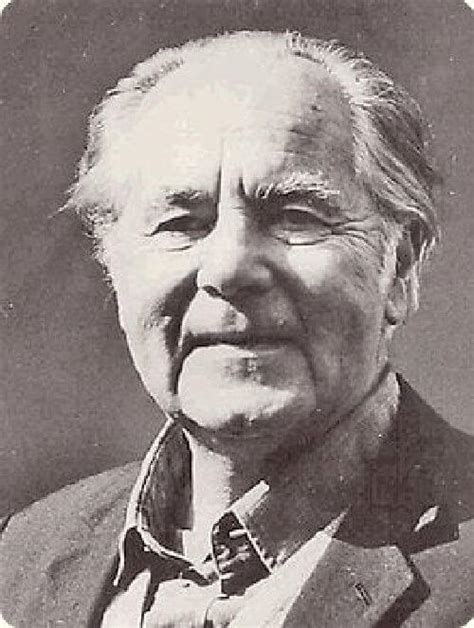A Quote by Gunter Grass
The human head is bigger than the globe. It conceives itself as containing more. It can think and rethink itself and ourselves from any desired point outside the gravitational pull of the earth. It starts by writing one thing and later reads itself as something else. The human head is monstrous.
Related Quotes
At no other time (than autumn) does the earth let itself be inhaled in one smell, the ripe earth; in a smell that is in no way inferior to the smell of the sea, bitter where it borders on taste, and more honeysweet where you feel it touching the first sounds. Containing depth within itself, darkness, something of the grave almost.
What WE represent is the nexus of concrescent novelty that has been moving itself together, complexifying itself, folding itself in upon itself for billions and billions of years. There is, so far as we know, nothing more advanced than what is sitting behind your eyes. The human neocortex is the most densely ramified complexified structure in the known universe.
But even if ego-death is regarded as the optimum model for human existence, one of liberation from ourselves, it still remains a compromise with being, a concession to the blunder of creation itself. We should be able to do better, and we can. To have our egos killed off is second-best to killing off death and all the squalid byplay that flitters around it. So let all lands be small, and grower smaller and smaller until no lands are left where any human footstep need press itself upon the earth.
Nothing frustrates me more than someone who reads something of mine or anyone else's and says, angrily, 'I don't buy it.' Why are they angry? Good writing does not succeed or fail on the strength of its ability to persuade. It succeeds or fails on the strength of its ability to engage you, to make you think, to give you a glimpse into someone else's head—even if in the end you conclude that someone else's head is not a place you'd really like to be.
On the Bigotry of Culture: : it presented us with culture, with thought as something justified in itself, that is, which requires no justification but is valid by it's own essence, whatever its concrete employment and content maybe. Human life was to put itself at the service of culture because only thus would it become charged with value. From which it would follow that human life, our pure existence was, in itself, a mean and worthless thing.
Everything that from eternity has happened in heaven and earth, the life of God and all the deeds of time simply are the struggles for Spirit to know Itself, to find Itself, be for Itself, and finally unite itself to Itself; it is alienated and divided, but only so as to be able thus to find itself and return to Itself...As existing in an individual form, this liberation is called 'I'; as developed to its totality, it is free Spirit; as feeling, it is Love; and as enjoyment, it is Blessedness.
A written word is the choicest of relics. It is something at once more intimate with us and more universal than any other work of art. It is the work of art nearest to life itself. It may be translated into every language, and not only be read but actually breathed from all human lips; -- not be represented on canvas or in marble only, but be carved out of the breath of life itself.
I think everybody starts out by seeing a few works of art and wanting to do something like them. You want to understand what you see, what is there, and you try to make a picture out of it. Later you realize that you can't represent reality at all - that what you make represents nothing but itself, and therefore is itself reality.
How infinitely happier and more grateful is the whole personality or spirit when it finds something nourishing in art or writing or thinking, than the mere mind or intellect is: the kinship you celebrate in these personalities is your own dismembered Orpheus stumbling across another fine organ to rejoin to itself. I put it this way: aristic psyche loves itself enough to chasten itself, to put itself through boot camp for the sake of being competent for life, alive to life.
Death is an unsurpassable limit of human existence... We discover the relationship which is the basis for all feelings of reverence, fear, awe, wonder, sorrow, and deference in the face of something greater and more powerful... Only such a being-unto-death can guarantee the precondition that the Da-sein be able to free itself from its absorption in, its submission and surrender of itself to the things and relationships of everyday living and to return to itself.
But though every created thing is, in this sense, a mystery, the word mystery cannot be applied to moral truth, any more than obscurity can be applied to light. ... Mystery is the antagonist of truth. It is a fog of human invention, that obscures truth, and represents it in distortion. Truth never envelops itself in mystery, and the mystery in which it is at any time enveloped is the work of its antagonist, and never of itself.







































